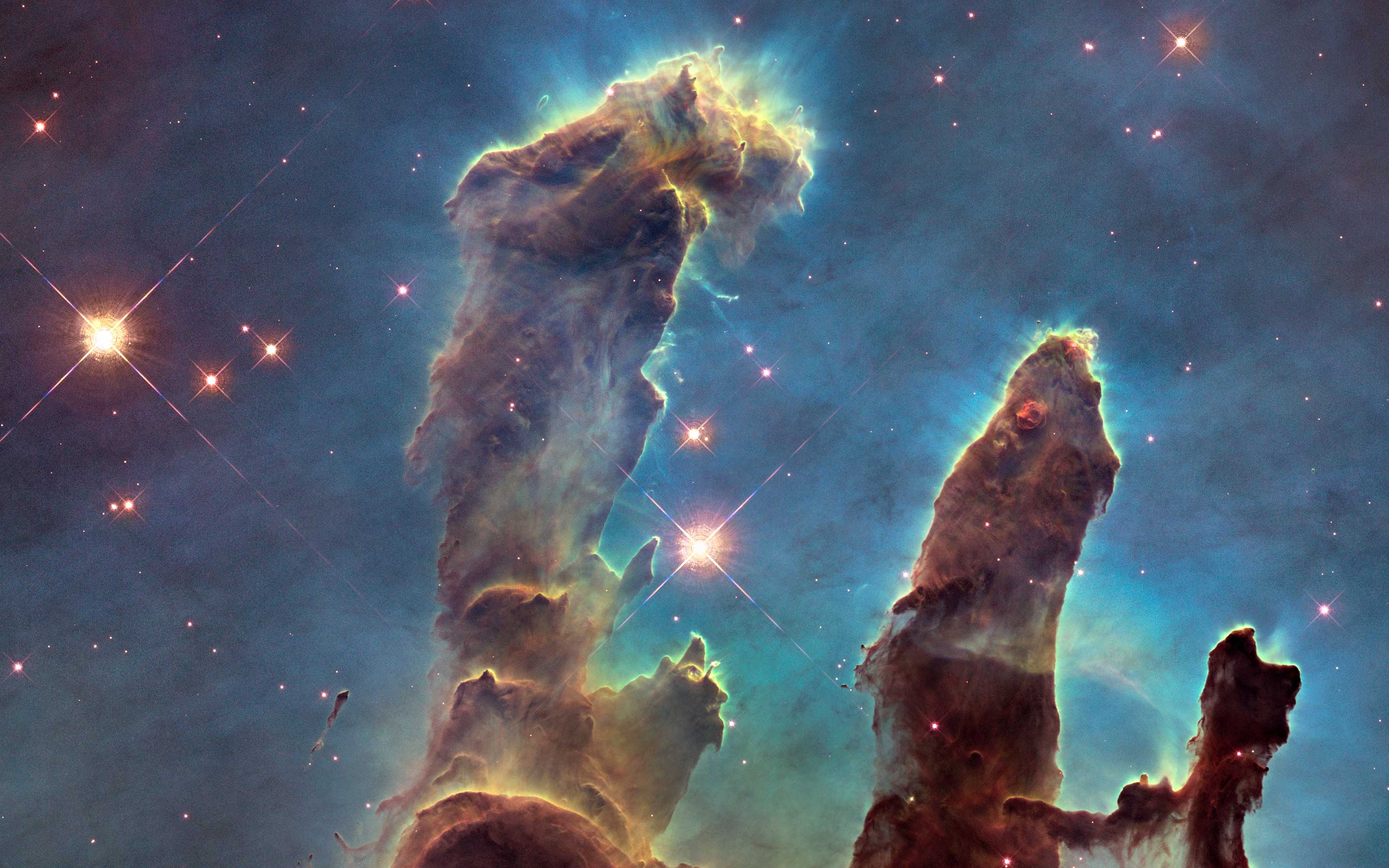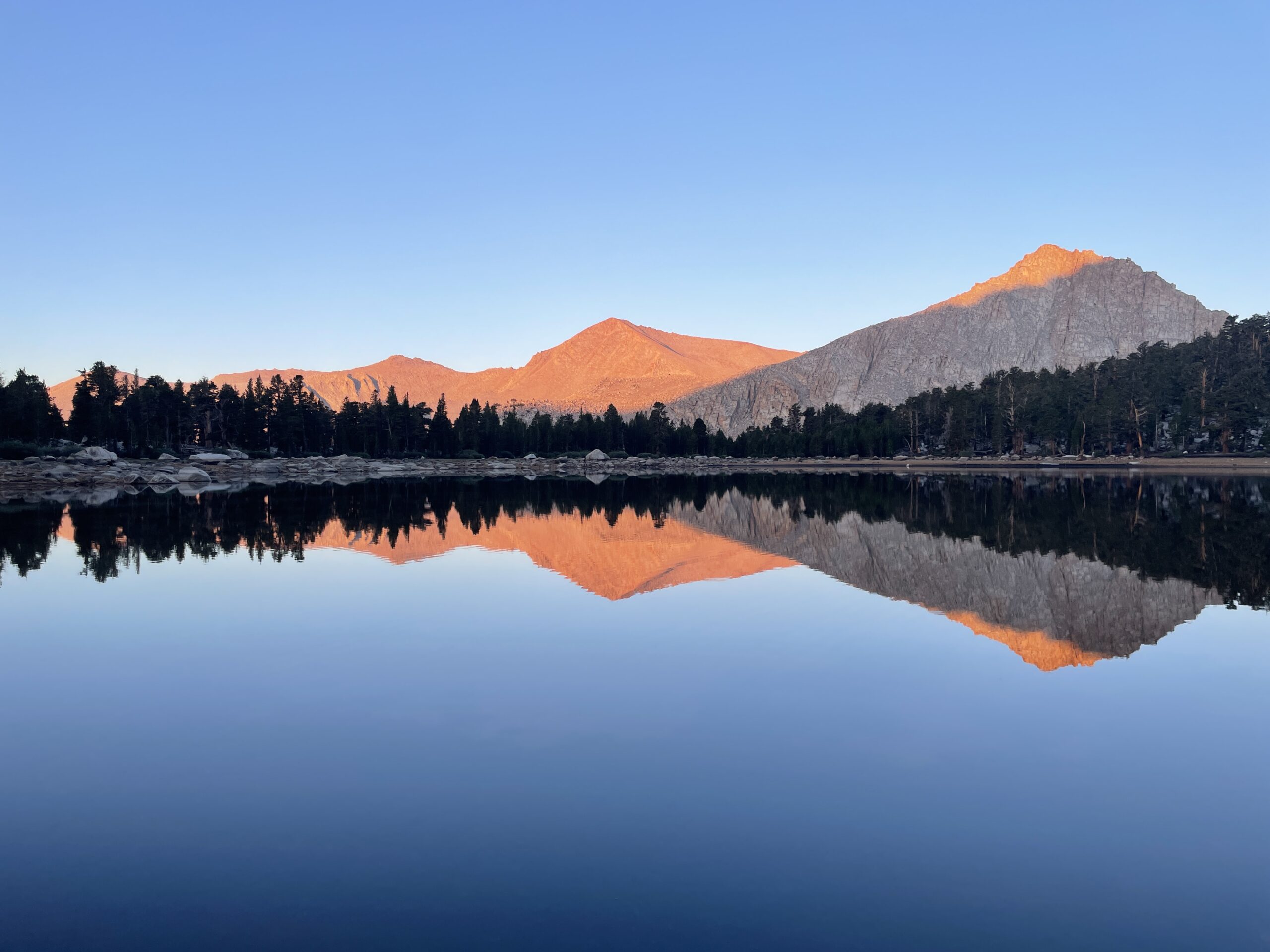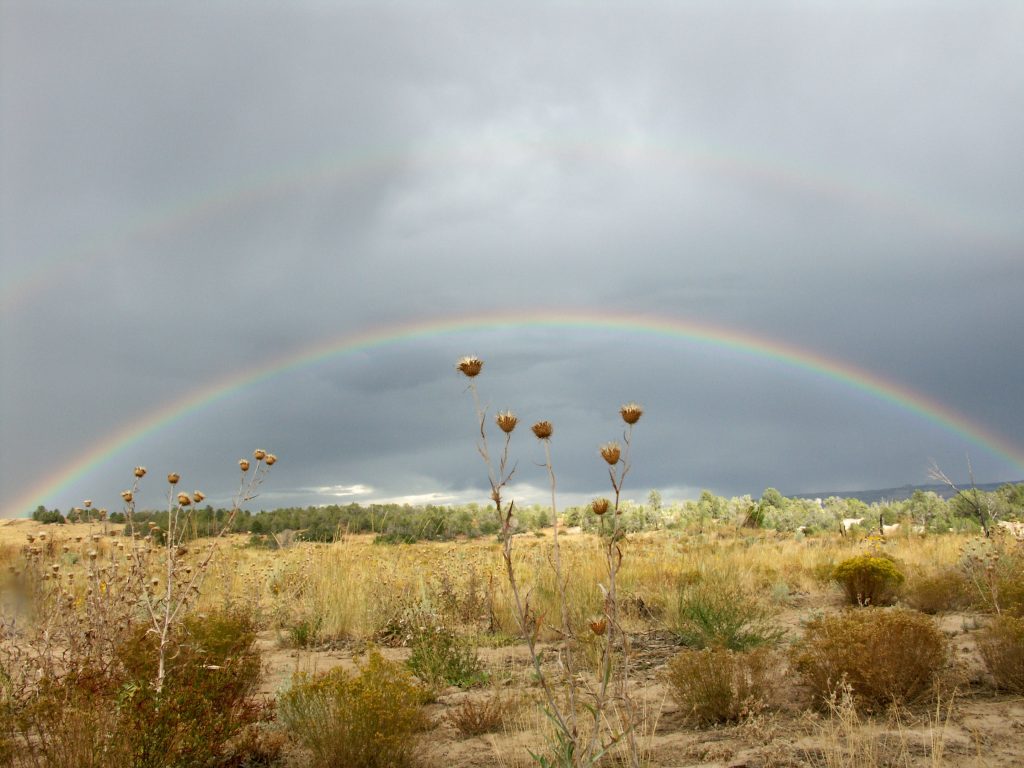Being a GOAT – M.A.N.G.E.R. part 2
It is only a short step from being “Great Again” to wanting to be the Greatest Of All Time. While it may be tempting to give “Great Britain” a pass due to “Great” being part of its name when striving to “make itself great again”, there are no shortage of nations, political parties, and individuals who wish to be recognized as the Greatest Of All Time (GOAT). Perhaps it is only human nature to want to be the greatest of all…. but perhaps we are endeavoring to being the wrong kind of domesticated animal.

Along the way, we are confronted by the question, “what does it mean to be Great?” from an eternal perspective.
In the first post of this series, we explored the roots of God’s heart for three protected classes of people as described in the the Torah (the first five books of the Hebrew Scriptures which also form the first few books in the Christian Bible’s Old Testament). In this post, we will explore how this theme is addressed clearly and in no less uncertain terms other parts of the Tanakh (Old Testament) as well as the Christian New Testament scriptures.
In the Hebrew Scriptures, time and time again, God warns his people (the nation of Israel and its various tribes) that his judgement is coming and he charges his own most favored nation to treat the protected classes properly, ensuring they are treated justly, with generosity, and affection (love). This appears to be one of the clearest outward signs of a nation that is in alignment with God’s character and eternal values. This recurring message was echoed through the prophets.
Before Israel’s sole remaining tribe of Judah was carried off into exile under Babylonian rule, God implored his people to forsake their waywardness, idolatry, and unjust treatment of the three protected classes through the prophet Jeremiah:
“If you really change your ways and your actions and deal with each other justly, if you do not oppress the alien (immigrant), the fatherless or the widow and do not shed innocent blood in this place, and if you do not follow other gods to your own harm, then I will let you live in this place, in the land I gave your forefathers for ever and ever. But look, you are trusting in deceptive words that are worthless.” (Jeremiah 7: 5-8)
Later on,
“This is what the LORD says: Do what is just and right. Rescue from the hand of his oppressor the one who has been robbed. Do no wrong or violence to the alien (immigrant), the fatherless or the widow, and do not shed innocent blood in this place.” (Jeremiah 22:3)
God’s chosen people did not heed the warning and were carried off into captivity. Once in exile, the prophet Ezekiel picks up the refrain and explains the reason for their downfall:
“‘See how each of the princes of Israel who are in you uses his power to shed blood. In you they have treated father and mother with contempt; in you they have oppressed the alien and mistreated the fatherless and the widow.” (Ezekiel 22:6-7)
After 70 years of captivity and exile to Babylon, the prophet Zechariah lays an option before the remnant of Israel : Will they be the type of people worthy to be part of a “New Jerusalem” that God is going to (re)build under a Messianic Kingdom?
“And the word of the LORD came again to Zechariah: “This is what the LORD Almighty says: ‘Administer true justice; show mercy and compassion to one another. Do not oppress the widow or the fatherless, the alien (immigrant) or the poor. In your hearts do not think evil of each other.’ “(Zechariah 7:8-10)
The entire book of Zechariah pivots on the existential question raised for the reader in chapter 7… will the reader follow the poor example of their forefathers who failed to uphold justice and protect the cause of the widow, orphan and immigrant? Or will they choose the path of God’s heart and priorities by administering true justice, showing mercy and compassion to one another, and caring for the three protected classes?
Each one of these prophets had a similar message from the Lord almighty for the people who were God’s chosen and most favored. Caring for the protected classes was not simply a prescription for the time of Moses, it permeated the entire history of Israel as a recurring theme, and was one of the standards by which the entire nation would be judged.
The prophets pointed toward an anointed one who would bring salvation (yeshuah) and through whom God would usher in a new kingdom and restore his people from captivity and exile.
The Christian New Testament scriptures identify this promised messiah as Jesus of Nazareth. (Jesus is the greek form of Yeshua, the Hebrew word for salvation). Jesus, brings this theme front and center in his last message to his closest followers (his disciples) a few days before his last meal (a Passover meal) which preceded his crucifixion, death, and resurrection as recorded in the Book of Matthew (chapter 25). The setting of this message is a future cosmic stage with angels and all nations looking on as Jesus, the Son of Mankind, sits on his throne administering the final judgment. He describes a separating process where he divides those who are allowed into his eternal kingdom (the sheep) and those who are turned away (the goats).
Matthew 25:31-46 When the Son of Man comes in his glory, and all the angels with him, he will sit on his throne in heavenly glory. All the nations will be gathered before him, and he will separate the people one from another as a shepherd separates the sheep from the goats. He will put the sheep on his right and the goats on his left.
Then the King will say to those on his right, ‘Come, you who are blessed by my Father; take your inheritance, the kingdom prepared for you since the creation of the world. For I was hungry and you gave me something to eat, I was thirsty and you gave me something to drink, I was a stranger (greek: xenos) and you invited me in, I needed clothes and you clothed me, I was sick and you looked after me, I was in prison and you came to visit me.’
Then the righteous will answer him, ‘Lord, when did we see you hungry and feed you, or thirsty and give you something to drink? When did we see you a stranger and invite you in, or needing clothes and clothe you? When did we see you sick or in prison and go to visit you?’
The King will reply, ‘I tell you the truth, whatever you did for one of the least of these brothers of mine, you did for me.’
“Then he will say to those on his left, ‘Depart from me, you who are cursed, into the eternal fire prepared for the devil and his angels. For I was hungry and you gave me nothing to eat, I was thirsty and you gave me nothing to drink, I was a stranger and you did not invite me in, I needed clothes and you did not clothe me, I was sick and in prison and you did not look after me.’
They also will answer, ‘Lord, when did we see you hungry or thirsty or a stranger or needing clothes or sick or in prison, and did not help you?’
He will reply, ‘I tell you the truth, whatever you did not do for one of the least of these, you did not do for me.’
Then they will go away to eternal punishment, but the righteous to eternal life.”
In this story, it is much better to be a sheep than a goat. But what distinguishes the sheep from the goat is curiously similar to the warnings and charges that were found throughout the Hebrew Scriptures to take care of the protected classes. Jesus equates the treatment of those in need, the strangers (greek: xenos – the root from which we get the term xenophobia) – as tantamount to caring for Jesus himself. Feeding the hungry, giving drink to the thirsty, inviting the stranger (immigrant/alien) in, providing clothes, caring for the sick and imprisoned. Whoever is the LEAST of those around… to care for them is to care for Jesus, and to neglect them or to mistreat them is to mistreat Yeshua himself.
Caring for the Least Among Us – That is what it means to be Great in the Kingdom of Heaven.
So will those aspiring to be a GOAT end up being treated like the goats in Jesus’ story? Or should we rather be found to be like sheep and caring for the Least of those Among Us? Who are these “Least Among Us?” Might they be hiding in plain sight? Would we find them in a mansion or a manger? A restaurant or a food bank? A church or a harvesting field? A rodeo or a meatpacking plant?
Zechariah spelled out what it looks to be a goat and its consequences:
“But they refused to pay attention; stubbornly they turned their backs and stopped up their ears. They made their hearts as hard as flint and would not listen to the law or to the words that the LORD Almighty had sent by his Spirit through the earlier prophets. So the LORD Almighty was very angry.
“‘When I called, they did not listen; so when they called, I would not listen,’ says the LORD Almighty. ‘I scattered them with a whirlwind among all the nations, where they were strangers. The land was left so desolate behind them that no one could come or go. This is how they made the pleasant land desolate.’” (Zechariah 7:11-14)
Those who wish to identify with the Kingdom of God, the Kingdom of Yeshua, should be easy to spot using formula Jesus gave for dividing sheep from goat. God’s economy is somewhat inverted compared to what the world values. Instead of through missiles and might, Greatness is to be found in service, love, and compassion. How do you define Great? Is it Eternally Relevant?

In the last post of this series, we will explore clues as to why God has such a soft spot in his heart for these special protected classes of people (widows, orphans, and immigrants/aliens/strangers).
















